Skills Development Facilitator :A Essential Guide
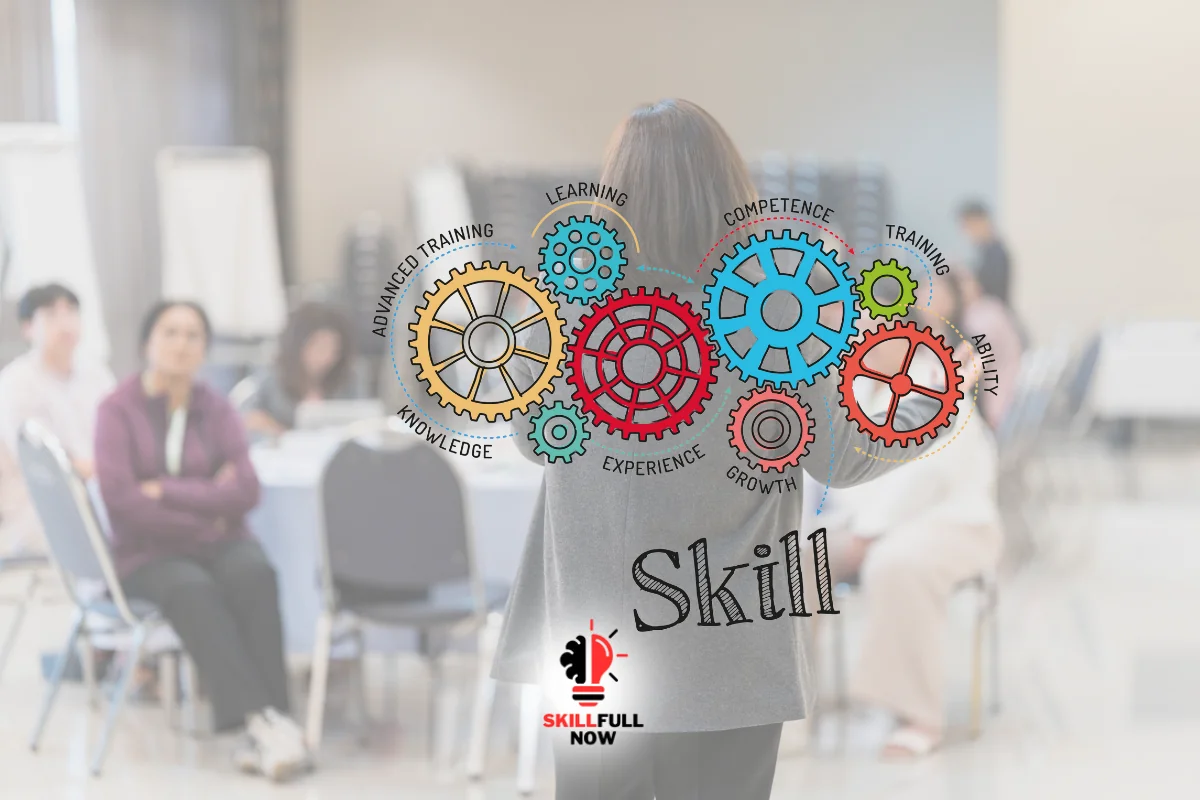
Thus, for the rapidly changing employment market of the present, being an SDF is a necessity. Firms and educational institutions are counting on such professionals to identify gaps in skills, strategize training, and ensure work-based development is up to national standards. If you are genuinely interested in assisting people in professional development and a staunch supporter of lifelong learning, then a career as an SDF may be a great option.
This blog is going to take you step by step through all you need to know about being an SDF—responsibilities to skills needed—of course, in an easy-to-read style, and SEO friendly.
What is a Skills Development Facilitator?
The Skills Development Facilitator plays a key role towards developing the competency of the labor force. These experts bridge the gap between the workers and the management by ensuring the training needs are aligned with organizational and industry demands.
Major things a Skills Development Facilitator does.
- Training Needs Analysis: Shortlisting skill gaps via survey and performance data
- Training Plan Development: Planning programs for career development and upskilling
- SETA engagement: Maintaining compliance with Sector Education and Training Authorities (SETAs)
- Monitoring Outcomes: Measuring training success through follow-up and evaluation
These tasks make the SDF an invaluable asset to business success. Furthermore, their input is directly connected to employee satisfaction and business efficiency.
SEE ALSO: Skills And Achievement Commencements | Keys to Career Success
Skills Needed to be an Effective Skills Development Facilitator
success in this profession is based on the combination of technical skills and soft skills. Familiarity with the workplace culture and effective communication skills are an integral part of this profession.
Top Skills to Master
- Analytical thinking is actually essential for detecting training gaps and predicting trends.
- Communication Skills: Must communicate training requirements efficiently to all departments
- Project Management: Facilitates timely completion of training schedules and reports
- Attention to Detail: Data management and report preparation are not optional
Also, facilitators must stay abreast of national qualifications frameworks, policies, and new technology.
How to become a Skills Development Facilitator
It is easy to be a Skills Development Facilitator, but you will require some formal training and relevant experience.
Educational Requirements
Most employers prefer candidates who hold:
- A degree or diploma in Training, Human Resource Management, or Education.
- An SDF qualification that’s recognized (usually given by SETAs)
Achieving Relevant Experience
Gaining some on-the-job experience in HR, training, or learning and development is actually worth it. Offering to volunteer for training programs or interning L&D units can actually differentiate your resume.
Getting Accredited
Facilitators usually register with the relevant SETA in South Africa, so their activities are legal and their qualifications are recognized across the country.
What is the career market for Skills Development Facilitators?
There is greater demand for experienced experts in this line of work due to worldwide talent deficits and constant technology developments.
Job Sectors and Opportunities
Skills Development Facilitators are required in the following sectors:
- Healthcare
- Manufacturing
- Education
- Government Departments
- Corporate Enterprises
Plus, this job can lead to cool opportunities like being a Training and Development Manager, an HR Consultant, or even a Corporate Coach.
Conclusion
So, essentially, being a Skills Development Facilitator is much more than a job—it’s your opportunity to actually make a difference in people’s lives. If you have the right training, some hands-on experience, and you’re ready to get going, you can be a key player in helping any organization grow.
If you opt for this career, you’re not only preparing yourself for the future, but you’re also assisting others in reaching their full potential. So, if you’re enthusiastic about leading workforce development, then it’s now time to join up as a Skills Development Facilitator.
Frequently Asked Questions
So, what’s a Skills Development Facilitator, anyway?
A professional responsible for setting, implementing, and evaluating the training programs of employees according to organization goals.
Therefore, how do I become a Skills Development Facilitator?
You will require an industry-relevant qualification and training or HR experience, and SETA accreditation by a known authority.
Which sectors most substantially need Skills Development Facilitators?
You usually find SDFs in healthcare, manufacturing, education, and corporate sectors.
Is there room for development here?
Yes, the majority of SDFs move on to roles like Training Manager or HR Business Partner with experience.
Do SDFs have to be registered with a SETA?
Yes, especially in South Africa, SDFs must be registered with the appropriate SETA to confirm their intent and qualifications.
Is Skills Development Facilitator a good career choice?
Yes. It provides stability, growth potential, and a tangible impact on workforce development.
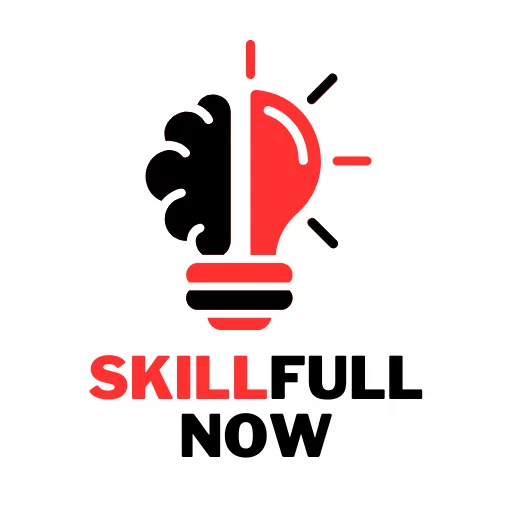
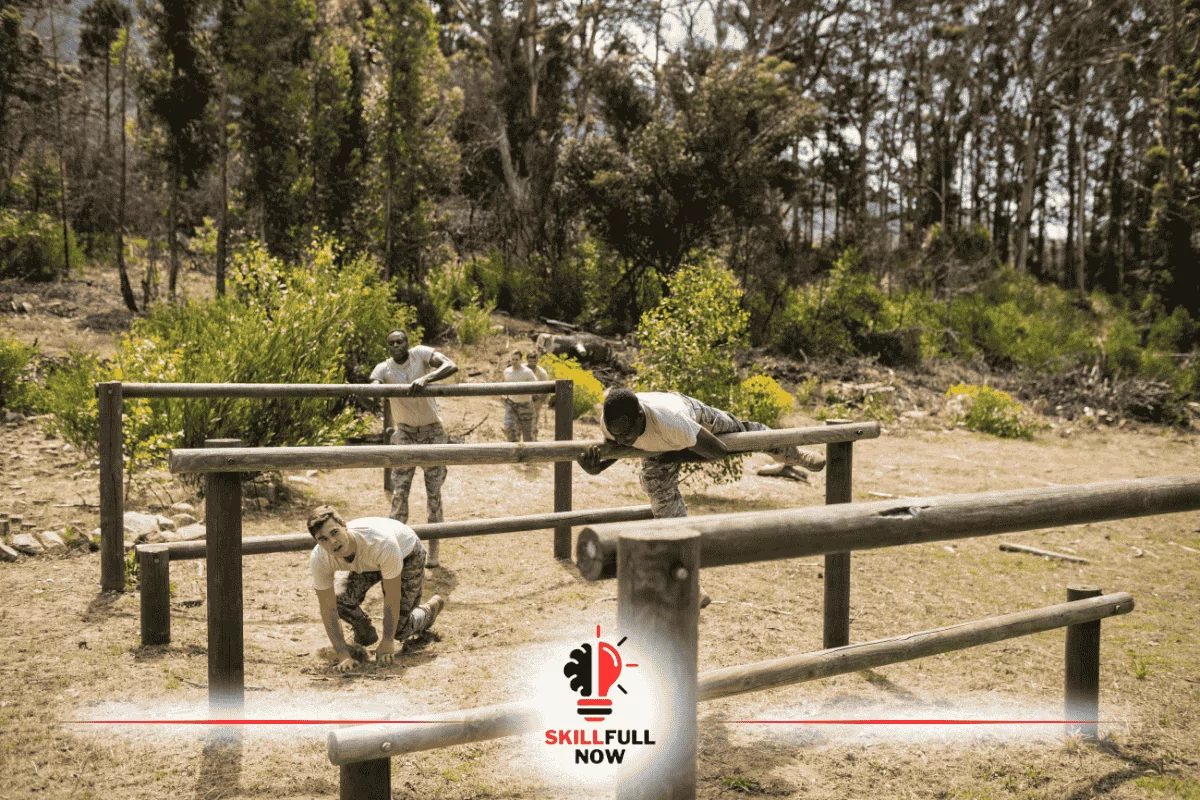

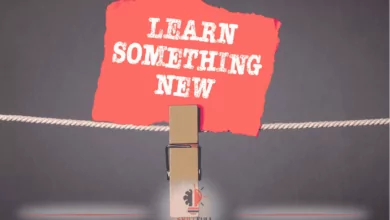
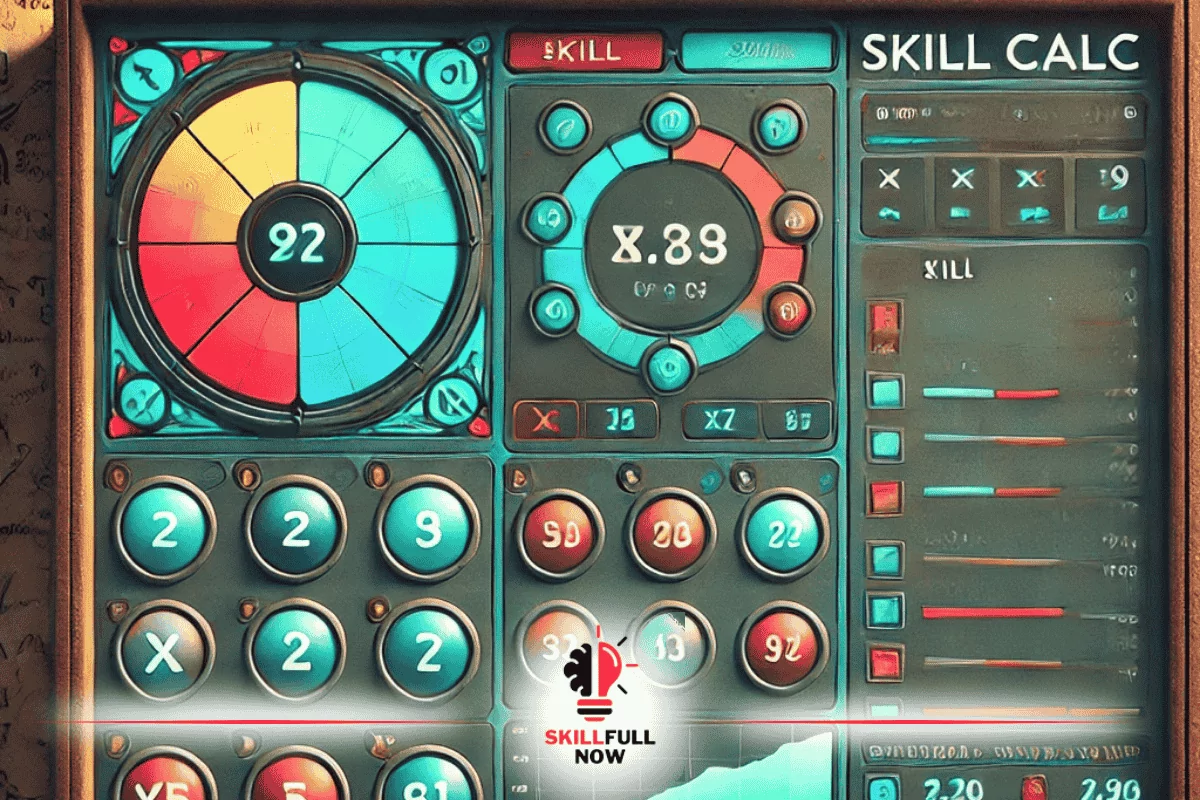

Excellent breakdown, I completely agree with the challenges you described. For our projects we started using an AI-driven system called AI link building by OptiLinkAI, and it has simplified the entire process. It’s refreshing to see technology finally making link acquisition smarter, not just faster.
My brother suggested I might like this blog He was totally right This post actually made my day You can not imagine simply how much time I had spent for this info Thanks
Thank you so much for your kind words! I’m really glad this post made your day. It means a lot to know the time and effort put into sharing this information was helpful. I truly appreciate your support and encouragement!